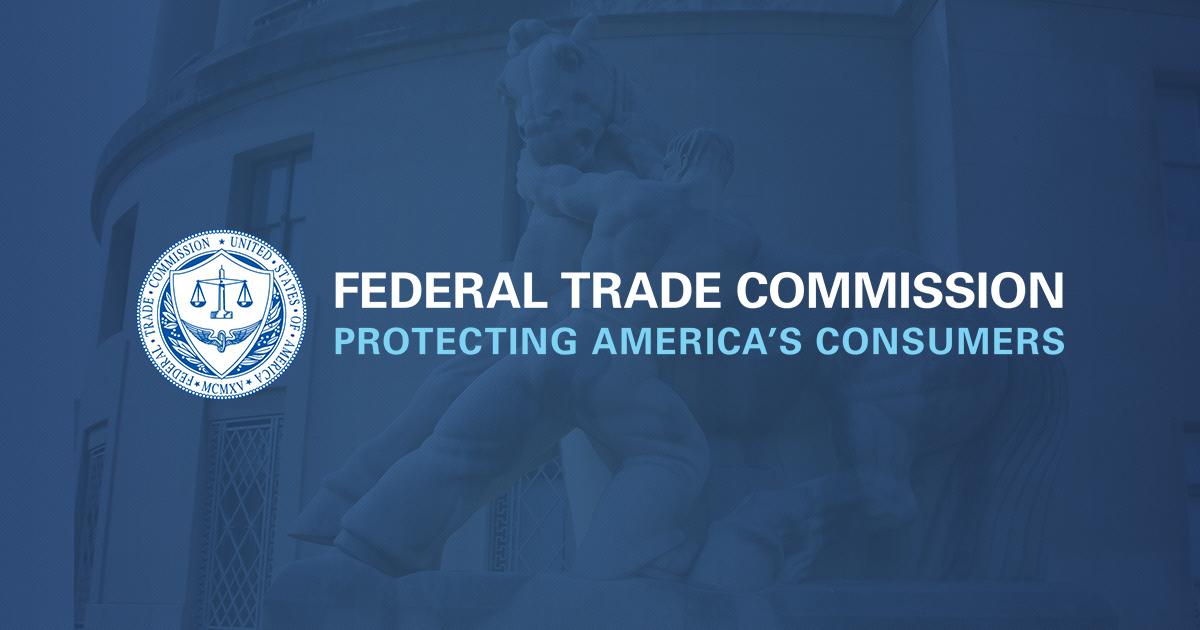Drug manufacturer Hikma Pharmaceuticals PLC will sell the rights and assets for two generic drugs, and relinquish its U.S. marketing rights to a third generic drug, in order to settle FTC charges that Hikma’s proposed $2 billion acquisition of Roxane would likely be anticompetitive.
The proposed consent order preserves competition by requiring the companies to divest to Pennsylvania-based Renaissance Pharma, Inc. three strengths of anti-inflammatory and immunosuppressant prednisone tablets and all strengths of lithium carbonate capsules, used to treat bipolar disorder. The order also requires Hikma to relinquish to its drug development partner, India-based Unimark Remedies Ltd., the rights to market flecainide acetate tablets in the United States. Flecainide is used to prevent and treat abnormally fast heart rhythms.
Without a divestiture, the merger would combine two of five firms marketing prednisone tablets and two of four firms marketing lithium carbonate capsules. In the market for flecainide tablets, Roxane is currently one of only two firms with significant market share. Absent the merger, Hikma was expected to market flecainide tablets in the U.S. following FDA approval, which its partner, Unimark, is currently seeking.
Under the terms of the proposed order, Hikma is required to transfer to Renaissance all of its interests related to 5 mg, 10 mg and 20 mg generic prednisone tablets and all strengths of lithium carbonate capsules, including inventory, manufacturing capacity, and research and development rights, no later than ten days after the acquisition is consummated or the proposed order becomes final – whichever is earlier. Also under the order, Hikma must continue supplying both products to Renaissance during a transition period while the latter establishes independent manufacturing capabilities. With respect to flecainide, the proposed order also requires Hikma to divest its 23% ownership interest in Unimark so that Unimark will be an independent marketer of this drug.
Further details about the divestitures are set forth in the analysis to aid public comment for this matter. The Commission vote to issue the complaint and accept the proposed consent order for public comment was 4-0.
The FTC will publish the consent package in the Federal Register shortly. The agreement will be subject to public comment for 30 days, beginning today and continuing through March 29, 2016, after which the Commission will decide whether to make the proposed consent order final. Comments can be filed electronically or in paper form by following the instructions in the “Supplementary Information” section of the Federal Register notice.
NOTE: The Commission issues an administrative complaint when it has “reason to believe” that the law has been or is being violated, and it appears to the Commission that a proceeding is in the public interest. When the Commission issues a consent order on a final basis, it carries the force of law with respect to future actions. Each violation of such an order may result in a civil penalty of up to $16,000 per day.
The Federal Trade Commission works to promote competition, and protect and educate consumers. You can learn more about how competition benefits consumers or file an antitrust complaint. Like the FTC on Facebook, follow us on Twitter, read our blogs and subscribe to press releases for the latest FTC news and resources.

